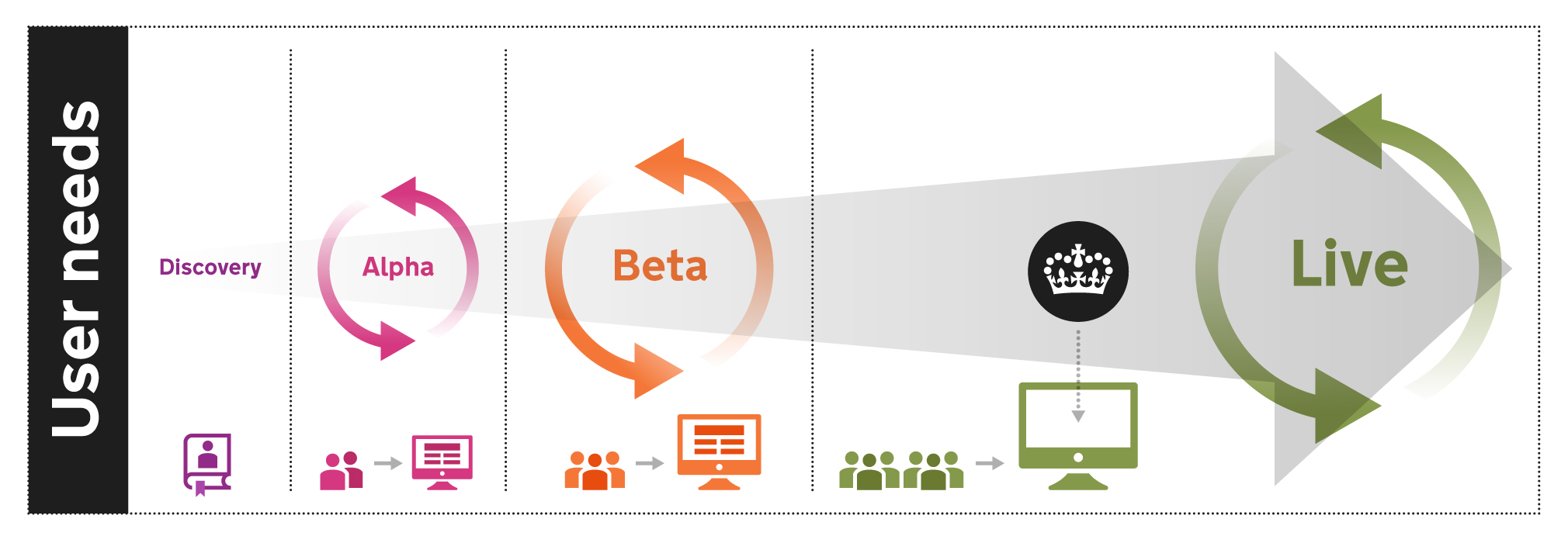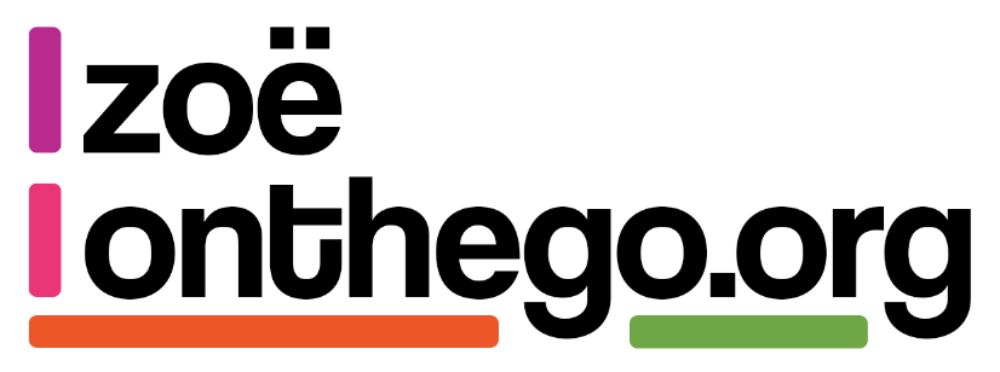One of the things that has really become apparent when moving ‘supplier side’ is how much the procurement processes used by the public sector to tender work doesn’t facilitate agile delivery.
The process of bidding for work, certainly as an SME is an industry in itself.
This month alone we’ve seen multiple Invitations to Tender’s on the Digital Marketplace for Discoveries etc, as many departments are trying to spend their budget before the end of the financial year.
The ITT’s will mention user research and ask how suppliers will work to understand user needs or hire proper user researchers. But they will then state they only have 4 weeks or £60K to carry out the Discovery. While they will specify the need for user research, no user recruitment has been carried out to let the supplier hit the ground running; it’s not possible for it to be carried out before the project starts (unless as a supplier you’re willing to do that for free; and even if you are, you’ve got less than a week to onboard your team, do any reading you need to do and complete user recruitment, which just isn’t feasible); and we regular see requests for prototypes within that time as well.
This isn’t to say that short Discoveries etc. are impossible, if anything COVID-19 has proved it is possible, however there the outcomes we were trying to deliver were understood by all; the problems we were trying to solve were very clear,; and there was a fairly clear understanding of the user groups we’d need to be working with to carry out any research; all of this enabled the teams to move at pace.
But we all know the normal commercial rules were relaxed to support delivery of the urgent COVID-19 related services. Generally it’s rare for an ITT to clarify the problem the organisation is trying to solve, or the outcomes they are looking to achieve. Instead they tend to solely focus on delivering a Discovery or Alpha etc. The outcome is stated as completing the work in the timeframe in order to move to the next stage; not as a problem to solve with clear goals and scope.
We spend a lot of time submitting questions trying to get clarity on what outcomes the organisations are looking for, and sometimes it certainly feels like organisations are looking for someone to deliver them a Discovery solely because the GDS/Digital Service Standard says they need to do one. This means, if we’re not careful, halfway through the Discovery phase we’re still struggling to get stakeholders to agree the scope of the work and why we really do need to talk to that group of users over there that they’ve never spoken too before.

The GDS lifecycle and how it currently ties into procurement and funding (badly) means that organisations are reluctant to go back into Discovery or Alpha when they need too, because of how they have procured suppliers. If as a supplier you deliver a Discovery that finds that there is no need to move into Alpha (because there are no user needs etc) or midway through an Alpha you find the option you prioritised for your MVP no longer meets the needs as anticipated, clients still tend to view that money as ‘lost’ or ‘wasted’ rather than accepting the value in failing fast and stopping or changing to do something that can add value. Even when the clients do accept that, sometimes the procurement rules that brought you on to deliver a specific outcome mean your team now can’t pivot onto another piece of work, as that needs to be a new contract; either scenario could mean as a supplier you loose that contract you spent so much time getting, because you did ‘the right thing’.
We regularly pick up work midway through the lifecycle; sometimes that’s because the previous supplier didn’t work out; sometimes its because they were only brought in to complete the Discovery or Alpha etc. and when it comes to re-tender, another supplier is now cheaper etc. That’s part and parcel of being a supplier; but I know from being ‘client side’ for so long how that can make it hard to manage corporate knowledge.
Equally, as a supplier, we rarely see things come out for procurement in Live, because there is the assumption by Live most of the work is done, and yet if you follow the intent of the GDS lifecycle rather than how it’s often interpreted, there should still be plenty of feature development, research etc happening in Live.
This is turn is part of the reason we see so many services stuck in Public Beta. Services have been developed by or with suppliers who were only contracted to provide support until Beta. There is rarely funding available for further development in Live, but the knowledge and experience the suppliers provided has exited stage left so it’s tricky for internal teams to pick up the work to move it into Live and continue development.
Most contracts specify ‘knowledge transfer’ (although sometimes it’s classed as a value add; when it really should be a fundamental requirement) but few are clear on what they are looking for. When we talk to clients about how they would like to manage that, or how we can ensure we can get the balance right between delivery of tangible outcomes and transferring knowledge, knowledge transfer is regularly de-scoped or de-prioritised. It ends up being seen as not as important as getting a product or service ‘out there’; but once the service is out there, the funding for the supplier stops and the time to do any proper knowledge transfer is minimal at best; and if not carefully managed suppliers can end up handing over a load of documentation and code without completing the peer working/ lunch and learns/ co-working workshops we’d wanted to happen.
Some departments and organisations have got much better at getting their commercial teams working hand and hand with their delivery teams; and we can always see those ITT’s a mile off; and it’s a pleasure to see them; as it makes it much easier for us as suppliers to provide a good response.
None of this is insurmountable, but we (both suppliers and commercial/procuring managers and delivery leads) need to get better at working together to look at how we procure/bid for work; ensuring we are clear on what the outcomes we’re trying to achieve are, and properly valuing ‘the value add’.
